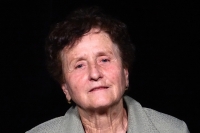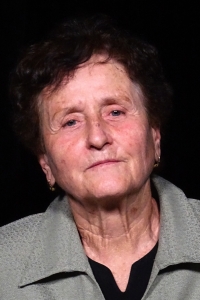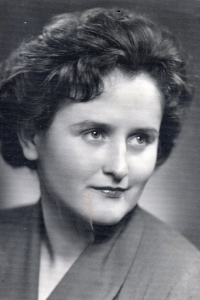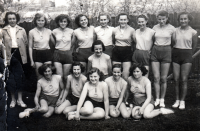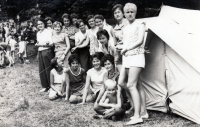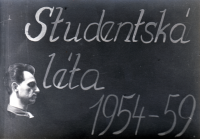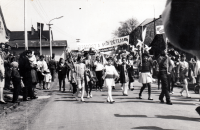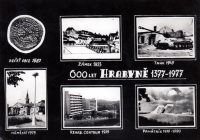Lenin always had to be on the notice board

Download image
Růžena Talagová, née Foltová, was born on 20 February 1941 in Krmelín near Ostrava. Here she experienced the end of the Second World War. Her father was an employee of the Vítkovice Steel Works. In 1950 her family moved to Hrabyně, where they had a small farm. During the collectivization, her family was forced to enter the united agricultural cooperative farm. They were family friends with Karel Engliš, a First Republic-era Minister of Finance and rector of Charles University in Prague, who was forced to spend time in Hrabyně. Eva studied at the pedagogical school for primary school education in Ostrava. She taught at elementary schools in Hněvošice and in Krásné Pole in the Opava Region. After getting married, she moved to Vrešina outside of Ostrava. She taught at the Karel Pokorný Elementary School in Ostrava-Poruba from the late 1970s until her retirement.
